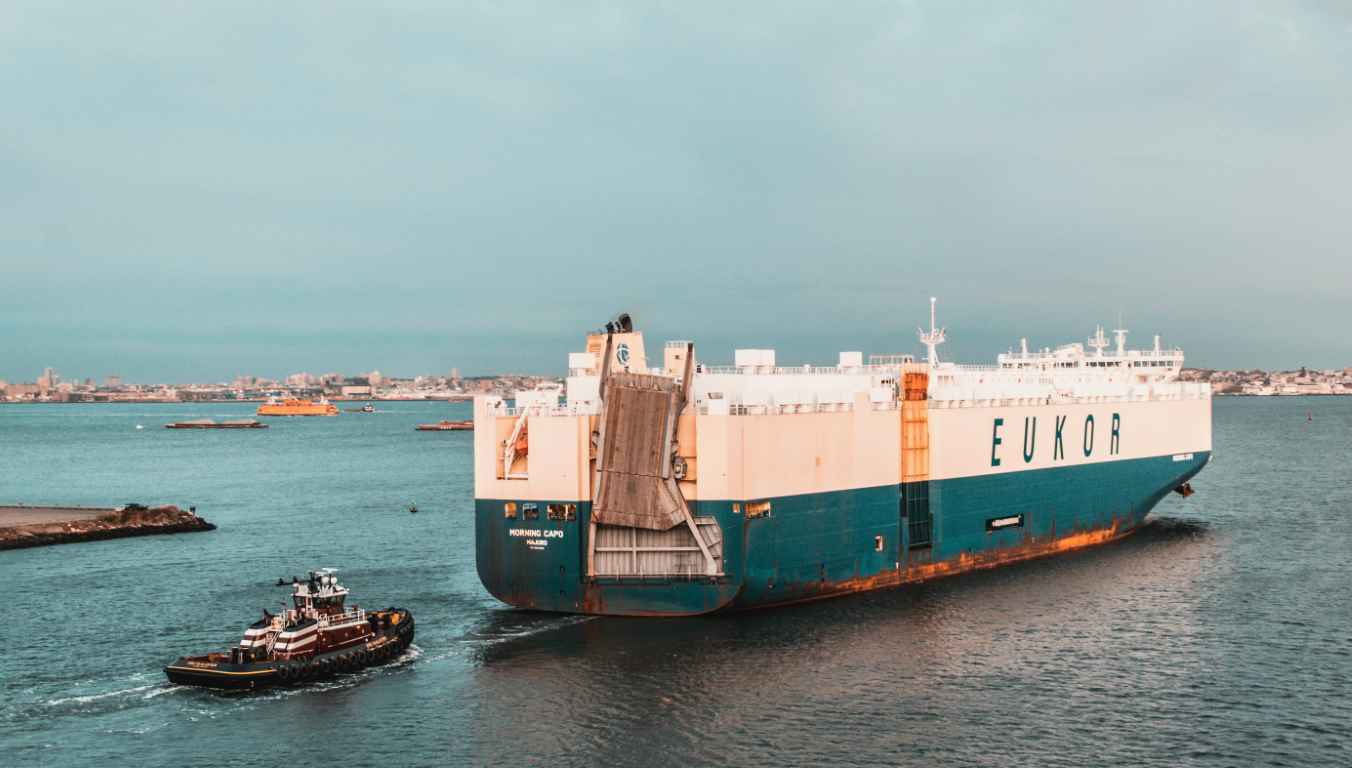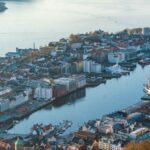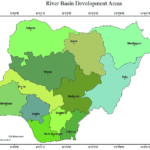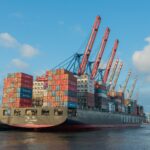Give us a Call: +2347051423739

THE IMPERATIVE OF A NIGERIAN BLUE ECONOMY
What is the singular tangible thing you can point to Nigeria achieved from the hundreds of billions of dollars gained from the crude oil discovery? It would be easy to answer nothing considering where the country is today with acute failure of infrastructure development, the shocking state of public education and health care system. But, the answer should actually be obvious – the development of the new federal capital territory Abuja. Without oil, Abuja would have been impossible and it continue to consume a disproportionate share of the national budget. Its obvious the fundamental elements and composition of that national budget demands immediate revamp to meet the medium and long term need of a population growing at exponential rate.
Covid-19 is the biggest challenge the world has faced in this century and it has demonstrated it would easily have ended the human race as we know it but for science. It has had a more devastating effect on the least developed world in terms of human suffering and economic survival. It has shown vividly the inadequacy of the current monocentric Nigerian economy. The need to change the economic landscape has been made clear for all to see.
The argument over the need for a more rigorous diversification of the economy is now settled. It’s deciding on the priorities, there is no argument over the need for a technology driven education and economy. There is however this elephant in the room called the Blue Economy – long professed by experts as an important missing component of the Nigerian economy, Covid-19 and the total collapse of the energy trade just laid it bare.
For the foreseeable future, the impact on developing economies like Nigeria will persist. It’s therefore incumbent on those in position of authority to not succumb to this inevitability by deliberately building a more resourceful and resilient economy – the reason for advocating for the Nigerian Blue Economy.
The backbone of successful economies either now or in the past has been those elements of the economic structure that are constant and not swayed by daily variables, the necessities of life so to say – agriculture, transportation, construction and in the case of a blue Economy, shipping, transportation, ship building, fishing and renewable energy. The scope for a dramatic expansion and a boost to the current Nigeria economy with the addition of the Blue Economy sector will be monumental:
The Nigeria 850 km plus Atlantic coastline to a significant degree remain a wilderness waiting to be tamed and harnessed for all its bountiful natural resources.
In recent past a lot has been reported about the level of criminality going on in the Gulf of Guinea due to the limited government security presence in the open ocean space thereby incubating banditry.
The one thing the Nigeria South South is globally famous for is the crude oil, the gas flaming with the liquefied natural gas only recently coming on stream after years of wanton wastage and pollution. A blue Economy has the potential to introduce new sustainable renewable energy sources like windmills, biofuel.
A disproportionate haulage of imported goods that come to the predominant sea port of Apapa in Lagos and subsequently make their ways to their final destinations in the Eastern part of the country did not have to and could have made their way over water. A comprehensive transport infrastructure development will include a thriving blue economy in Nigeria.
One of the natural direct derivatives of an integrated domestic ocean transport development is shipbuilding sub sector that will service the new Blue Economy. There are nine states with access to the Atlantic ocean that could leverage on this to develop an integrated water bound transport network system that would be of immense benefit to their respective local economy and industrial development.
The Nigerian economy with the dwindling receipt from the energy sector can do with integration of the Blue Economy that should provide it with a strong backbone going forward.






